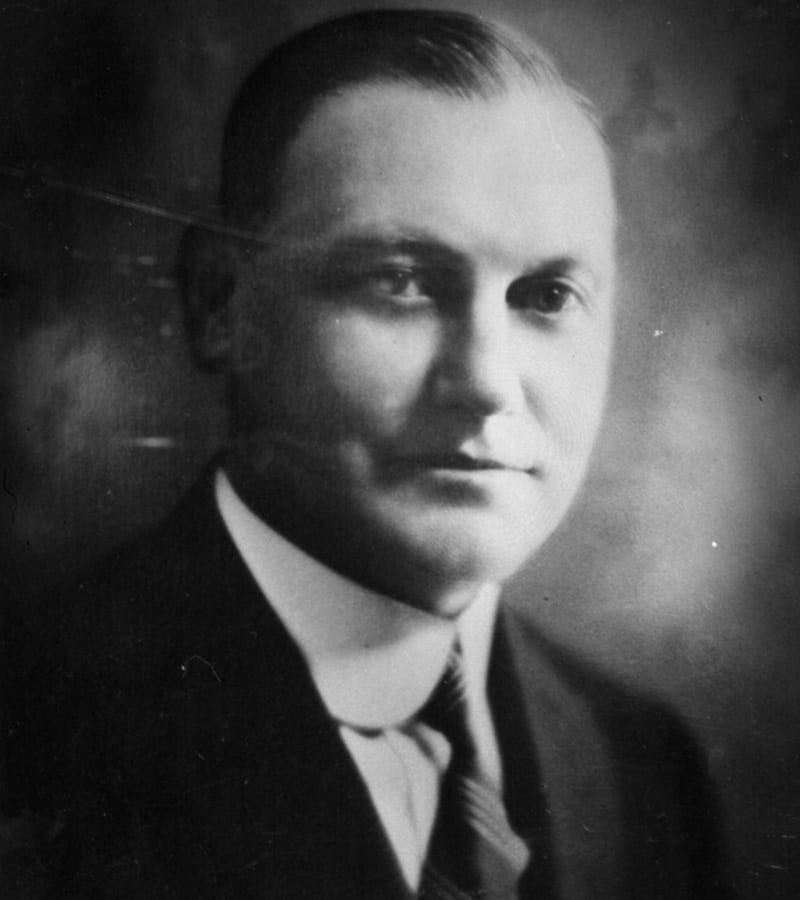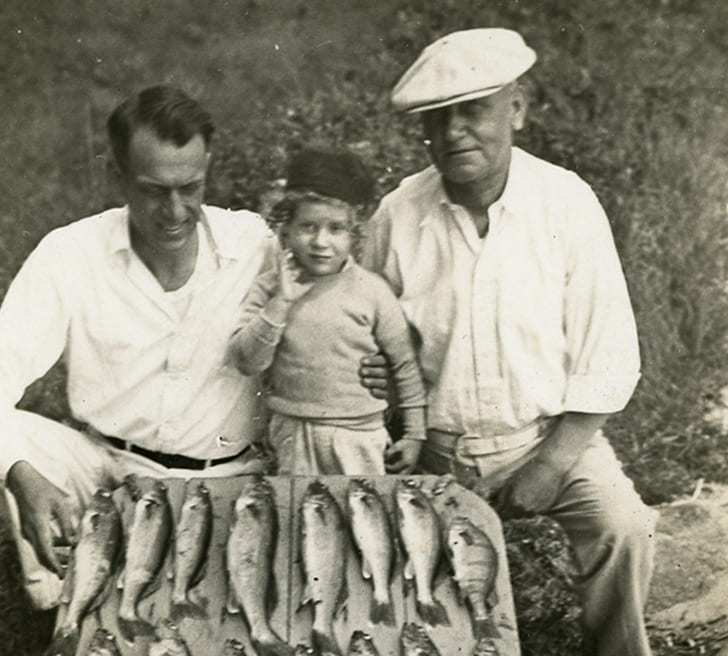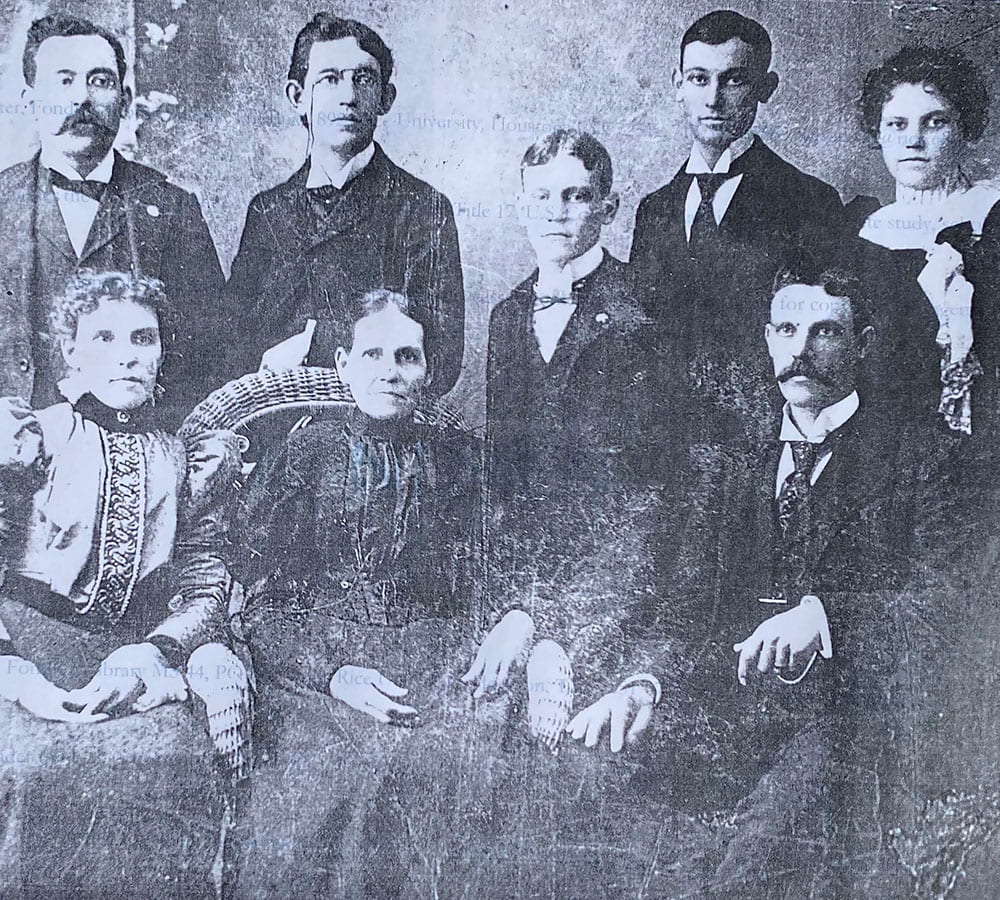Monroe Dunaway “M.D.” Anderson

Monroe Dunaway “M.D.” Anderson lived a simple life. He was guided by the basic principles of hard work, thrift and self-denial. He believed in personal charity for those who were afflicted. As set forth in his Trust, he dedicated his fortune for benevolent and charitable purposes: “Improvement of working conditions, support of hospitals, homes and institutions for care of the sick and helpless, promotion of health, science, education and advancement of knowledge and understanding among people.” To that end, Anderson is best known for establishing the No. 1 cancer center in the world for research, diagnosis, care and treatment.
Anderson attended Jackson City Public Schools, Union University and Southwestern Baptist University in Memphis. He began his career at People Savings Bank, served as an officer and director of the First National Bank of Jackson and later became Treasurer, President and Chief Financial Officer for Anderson, Clayton & Co.—which eventually became the largest cotton trading company in the world.
Upon Anderson’s death in 1939, his fortune passed to his charitable trust, the largest charitable fund in the state of Texas at the time. This was ultimately used to initiate the funding of the Texas Medical Center and M.D. Anderson Cancer Center in Houston, TX in 1941—the legacy for which he is best known. His generosity also assisted in establishing libraries, auditoriums, college buildings and a planetarium at Lambuth University (now the University of Memphis at Lambuth) in Jackson, Tennessee.
Through the M.D. Anderson Cancer Center, the numerous hospitals within the University of Texas Medical Center, university libraries, grants and even the purchase of the Rincon Oil Field in Texas as an endowment for Rice University—Anderson’s legacy lives on. These endowments, through wise and careful management—some for more than a half-century—continue to build their resources and spread their benefits year after year for the good of the people they serve. Anderson’s vision and desire to dedicate his fortune to those less fortunate endures today, supporting every segment of the medical, educational, vocational and industrial segments of our society.


